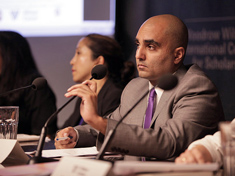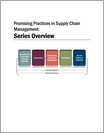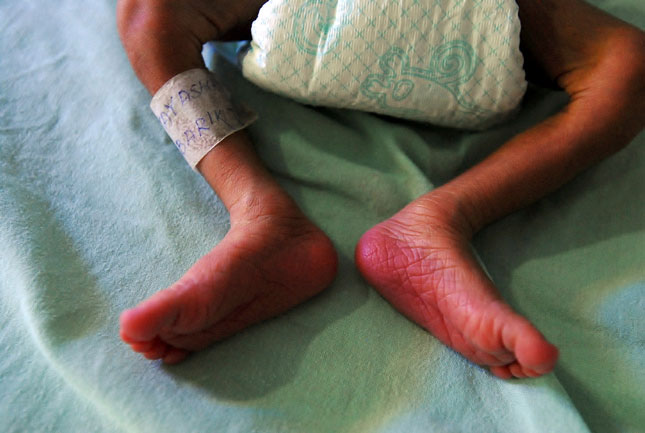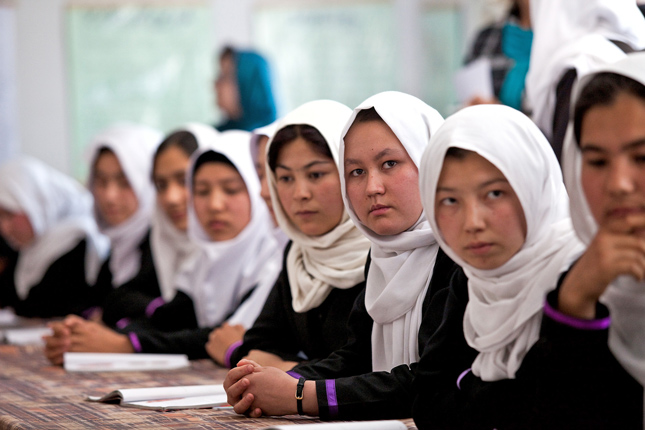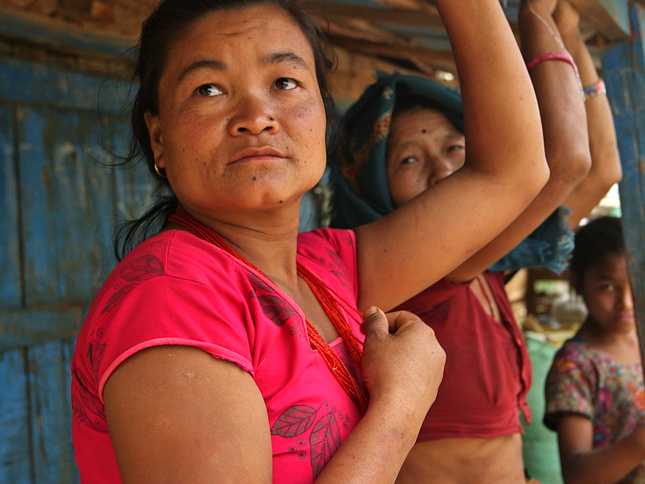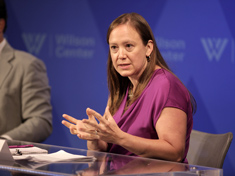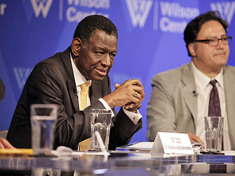-
Overcoming Malnutrition Key to Maternal and Child Health Improvements, Says Dr. Ranu Dhillon
›
With less than 500 days until they expire, it’s almost certain that the Millennium Development Goals on child mortality and maternal health will be missed by many countries. Already, work on drafting the MDG successors has begun; but unless policymakers put nutrition at the center of maternal and child health systems, reducing global maternal and child mortality ratios by an appreciable amount will be difficult, says Dr. Ranu Dhillon in this week’s podcast.
-
Proven and Promising Solutions to Strengthening Maternal Health Supply Chains
› In 2012, as part of the Every Women Every Child movement, 13 vital health commodities were identified by a UN panel that could save the lives of more than 6 million women and children over the course of five years. There are often significant cultural and behavioral barriers to these commodities reaching people in low- and middle-income countries, but physical logistics is also a major problem.
In 2012, as part of the Every Women Every Child movement, 13 vital health commodities were identified by a UN panel that could save the lives of more than 6 million women and children over the course of five years. There are often significant cultural and behavioral barriers to these commodities reaching people in low- and middle-income countries, but physical logistics is also a major problem. -
Somali Refugees Show How Conflict, Gender, Environmental Scarcity Become Entwined
›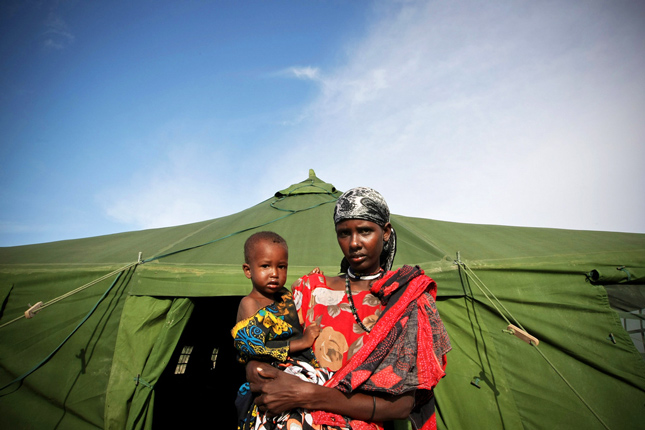
Under international law, someone who flees their country because of conflict or persecution is a refugee, but someone who flees because of inability to meet their basic household needs is not. In the case of Somalia, it is increasingly difficult to make any meaningful distinction between the two.
-
The Intergenerational Cycle of Malnutrition: How Gender and Social Status Doom Many Mothers and Newborns
›
When Dr. Ranu Dhillon stumbled upon baby Reena during a routine visit to a clinic in India, she was almost comatose and unable to get the care she needed. Dhillon traveled with Reena and her mother from hospital to hospital, but left again and again without finding treatment. [Video Below]
-
Securing Rights or Results? A False Choice in Integrating Youth Into Sustainable Development
›
“The greatest challenge we have today is that we have a world that is pushing back on rights,” said Dr. Babatunde Osotimehin, executive director of the United Nations Population Fund (UNFPA), at the Wilson Center. [Video Below]
-
Family Planning and Environmental Sustainability Assessment Aims to Shed Light on Pop-Environment Link
›
As global environmental change accelerates, understanding how population dynamics affect the environment is more important than ever. It seems obvious that human-caused climate change has at least something to do with the quadrupling of world population over the last 100 years.
-
Suzanne Ehlers: Global Development Agenda Needs Re-Framing to Focus on Rights of Young People
›
Successfully incorporating the rights of young people and women into whatever development agenda succeeds the Millennium Development Goals next year hinges not only on the scope of new goals, but how those goals are worded, says Suzanne Ehlers in this week’s podcast.
-
Babatunde Osotimehin: “The Youth Agenda Has Never Been More Important”
›
More than 1.8 billion people – nearly a third of the global population – are between the ages of 10 and 24, comprising the largest-ever generation of young people. According to Babatunde Osotimehin, executive director of the United Nations Population Fund (UNFPA), “how we meet the needs and aspirations of these young people will define the world’s future.”
Showing posts from category global health.


